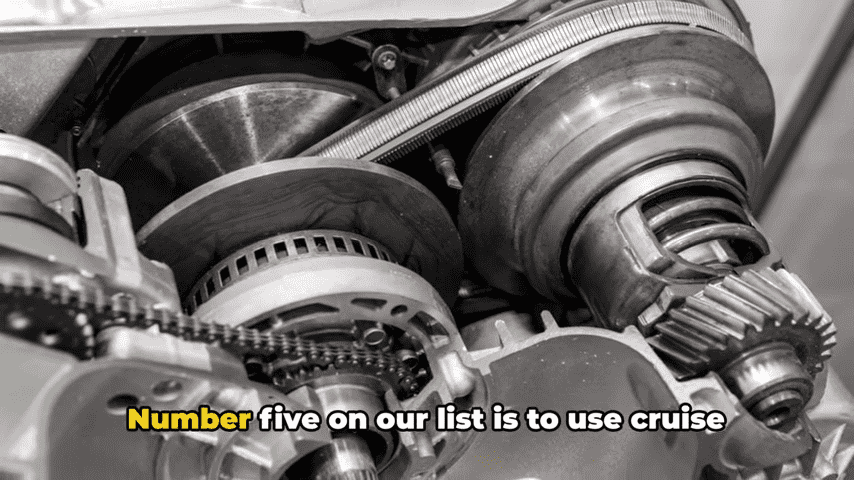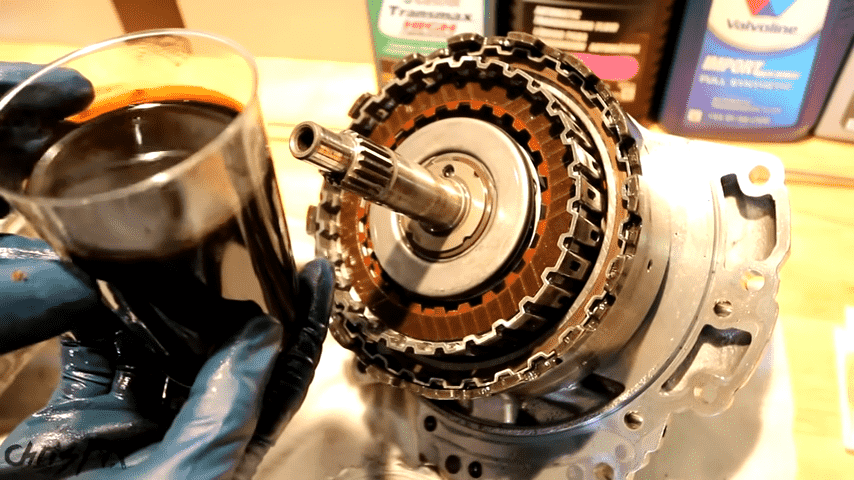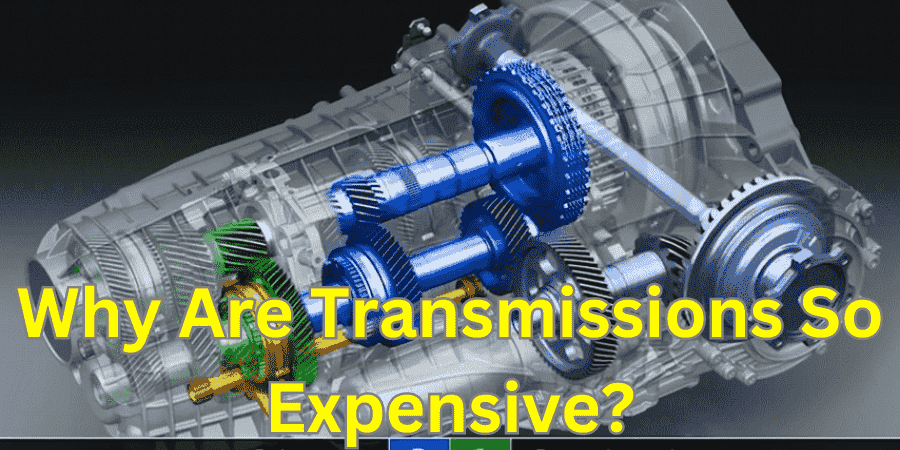Have you ever brought your car to the workshop only to discover that your transmission repair will cost you immensely? You’re not alone. Transmissions are known to be one of the costliest parts of a car to repair or replace if and when the situation arises. But why is that? Now, let’s put on the magnifying glass and reveal why transmissions are incredibly expensive.
What is a Transmission?

As much as we will explore the costs involved in having a transmission, let’s have a little background on what it entails. The transmission, sometimes commonly known as the gearbox, is one of the most important parts of your car. It is also in charge of transmitting the energy produced by the engine to the wheels with the aim of enabling the car to move at varying speeds. Different types of transmissions are manual, automatic, and continuously variable transmissions (CVTs), but all of them are not without risk.
Components of a Transmission
Transmissions are known to be composed of many parts, which are all interconnected and play an integral role in the setup. Here are some key components:
Gear Sets
They are the fundamental components that govern the rate and twisting force of the car. They require a high degree of design and fabrication to support considerable stress as well as incredibly huge loads.
Hydraulic System
This system regulates the circulation of transmission fluid, which is a crucial factor in cooling and lubricating the parts in the transmission.
Electronic Controls
New transmissions use electronics extensively to regulate shifting characteristics and achieve the best performance and fuel economy.
Transmission Fluid

This fluid is not only a lubricant but also a coolant of the transmission, which makes the work of the component smooth and optimal.
Why Transmissions Are Crucial
Transmissions are important in the management of motor vehicles. They directly affect the approximate drive of the car and fuel consumption. There is no exaggeration in this saying: a car with an unhealthy transmission is a car that, no matter how strong the engine attached to it may be, is of no use.
Factors Contributing to High Transmission Costs
Therefore, one is left wondering why the darn things cost so much in the first place. Several factors come into play:
Complexity of the System
Transmissions are arguably the most intricate sub-systems integrally inclined in a car. The overall performance of the car is dependent on the mechanical interconnection of gears, clutches, and electronic systems; thus, the engineering and manufacturing of such systems are complex.
Quality of Materials
Due to the high stress and temperatures to which they are subjected, the materials used in the transmissions have to be extremely robust. This often involves the use of quality metals and other specialized materials, which are usually expensive.
Technological Advancements
Present-day transmissions are far more efficient and reliable, but they are cumbersome, and the building of transmission systems is costly. The cost includes integration into electronic systems and software, which are also considered overheads.
Labor Costs
Changing or mending a transmission is a very involving process usually done by experienced personnel. The human resource costs define a chapter of the expenses required for work on the transmission, which are high.
The Complexity of Transmission Systems
Due to the internal mechanism of transmission, they require a delicate design and marketing. If there is the slightest deviation from the norms, it is possible to observe a severe reduction in its performance or even its total failure, which explains the need for strict implementation of manufacturing standards.
Quality of Materials Used
In the case of transmissions, the parts that make up this sub-assembly must be very strong and long-lasting. These parts must withstand severe conditions; therefore, they are made of high-quality materials to last long while relieving the cost.
Signs of Transmission Problems
Transmission issues can happen at any time, so one has to know when to expect trouble. This can comprise weird sounds, increased aggression, delays in gear changes, and dripping oils. Preventive checks are cheaper than waiting for the worst to happen to your vehicle.
Final Words
Transmissions are costly mainly because of the many components involved, the kinds of materials they are made from, great levels of technology, and labor costs. You want to avoid hefty bills that come as a result of transmission repairs and replacements; therefore, routine checkups and any probable signs of a problem should be dealt with as soon as possible.
FAQs
Why are transmissions important for my vehicle?
Transmissions are crucial because they transfer the power from your engine to the wheels, allowing your car to move at different speeds and perform efficiently.
How often should I service my transmission?
It’s generally recommended to service your transmission every 30,000 to 60,000 miles, but you should consult your vehicle’s manual for specific guidelines.
Can I drive with a failing transmission?
Driving with a failing transmission is not advisable as it can lead to further damage and potentially leave you stranded. It’s best to address issues as soon as they arise.
Are rebuilt transmissions reliable?
Rebuilt transmissions can be a reliable and cost-effective alternative to new ones, provided they are rebuilt by a reputable shop using quality parts.
What can I do to extend the life of my transmission?
Regular maintenance, such as checking fluid levels and addressing leaks promptly, can help extend the life of your transmission. Driving gently and avoiding heavy towing can also reduce wear and tear.

